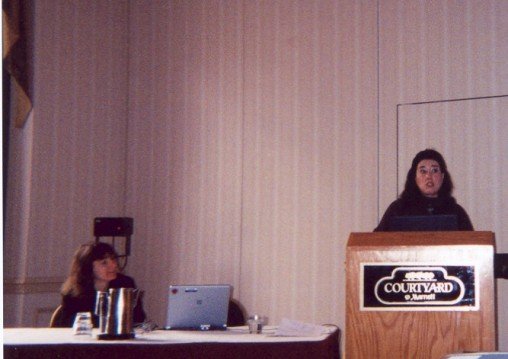Local Evaluations
A requirement of the AoA grant
UJC’s National NORCs Initiative comprises several federally funded pilot projects to test the NORC-SSP model as an innovative (and adaptable) approach to helping older adults age in place in their homes and communities. Program evaluation is an essential component of the pilot projects. The federal government relies on the evaluation to understand and assess the challenges, benefits, and opportunities associated with each project and the model as a whole. In addition, members of the public interested in replicating the model or a certain project rely on the evaluation to gain useful information on practice, service delivery, program development, and/or policy-making.

Each grantee under the National NORCs Initiative is required to complete a Project Narrative administered by the U.S. Administration on Aging. Within the Project Narrative, the NORC grantee must identify the issues to be addressed in its program, the interventions it proposes to address those issues, project objectives, project goals, and the identification of the measurable outcomes expected to result from its program. The program evaluation is intended to determine and document whether the program achieved the measurable outcomes, as well as lessons learned.
A logic model is a planning and evaluation tool that shows what a program is intended to accomplish, linking the problem(s) or issue(s) the program is targeting with program activities and expected program outcomes. For the purposes of the National NORCs Initiative, it is a recommended tool to help systematize the above Project Narrative components to help the grantee develop, design, and implement the program evaluation. A logic model is a schematic diagram that illustrates how the activities and short-term, intermediate, and long-term goals of a program are linked to the issues the program is attempting to resolve. It is used to establish both the agreed upon goals (and objectives) of a program and the measures that will be used to determine whether those goals (and objectives) are being met.
The UJC National NORCs Evaluation
Program Evaluation activities of UJC’s National NORCs Initiative
UJC’s National Evaluation was developed in 2003 in response to a growing interest among NORC communities to identify and share the common issues and challenges associated with planning and implementing NORC Supportive Service Programs and to develop an understanding of how these programs impact the older adults (and the organizations and communities) who participate in them.
For an overview of the NORC Evaluation process, click here.
The National Evaluation has the following goals:
- To document and define the common elements, challenges and strategies associated with planning and implementing NORC Supportive Service Programs;
- To develop a descriptive model of NORC supportive service delivery;
- To create a historical record of lessons learned and add to the body of knowledge about aging services and community-based care in the United States; and
- To begin to document the impact NORC supportive service programs can have on the older adults who participate in them.
Phase 1:
Program staff from each of the communities participating in the demonstration were interviewed about the steps and processes involved in planning NORC Supportive Service Programs (e.g., community assessment and asset mapping, organizational relationship building, etc.). They were also asked about the difficulties and challenges associated with the planning process. These interviews were conducted between April and July of 2004. Preliminary results of the evaluation were presented to the communities in November 2004 and final results were presented in 2005 at the Joint Conference of the American Society on Aging/National Conference on Aging in Philadelphia, PA.
For a copy of this presentation, click here.
Phase 2:
At the 2006 Joint Conference of the American Society on Aging/National Conference on Aging in Anaheim, California, UJC presented the second phase of the national NORCs evaluation. This phase of the evaluation focuses on the relationship of NORC projects and the prevention of social isolation through the services and programs offered to older adults aging in place. The initial findings were presented at the 2007 American Society on Aging/National Conference on Aging in Chicago, Illinois this March.
For a copy of this presentation, click here.
